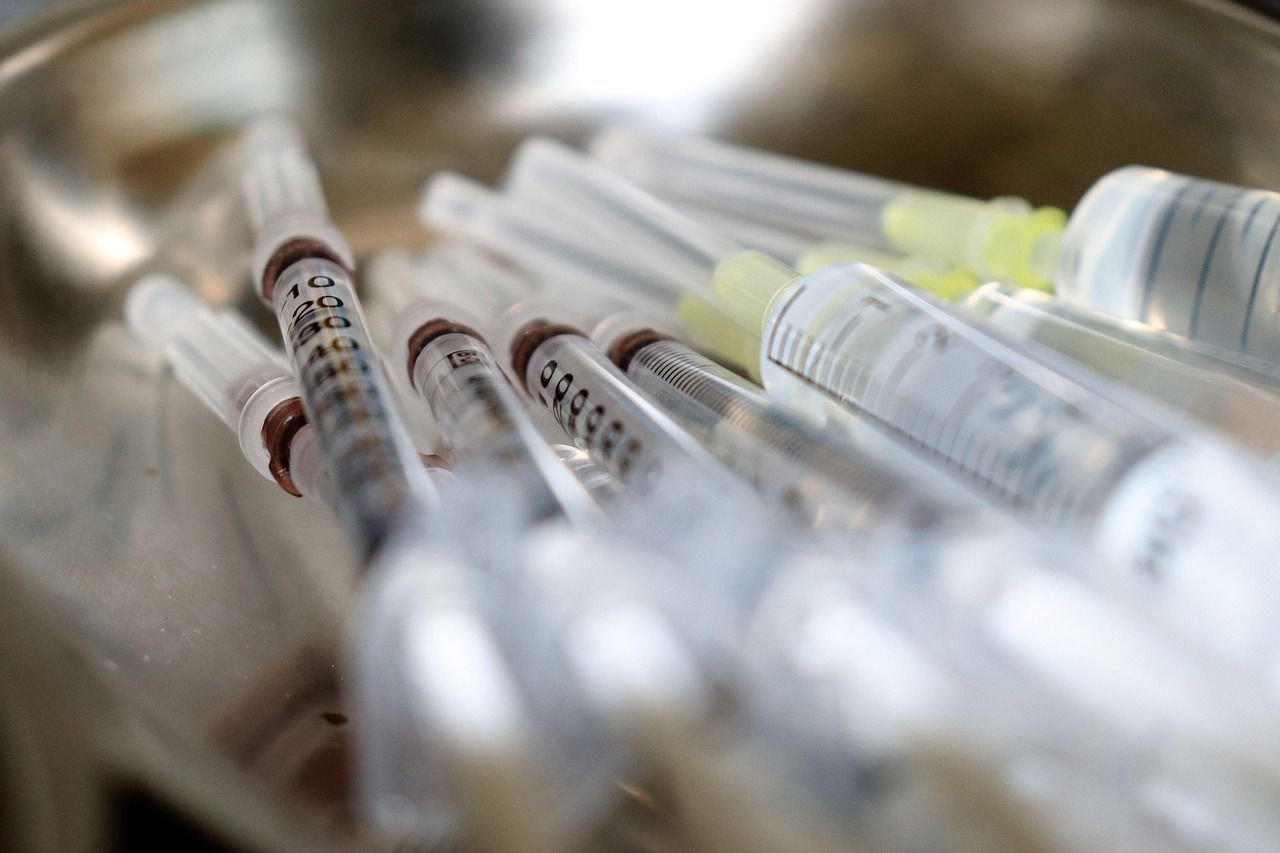Expert emphasizes importance of public awareness of availability of vaccines for preventable diseases
By Sonny Daanoy
Infectious disease expert Rontgene Solante emphasized the importance of the public being "highly informed" about the availability of vaccines for preventable diseases especially during the rainy season.

"So, it is important to highly inform the public that there are still vaccines available for some of these vaccine-preventable diseases," Solante said in a mix of English and Filipino during PTV's Bagong Pilipinas public briefing on Thursday, May 23.
Amid the rainy season, Solante, who is also the president of the Philippine College of Physicians, cited that leptospirosis, dengue, and common respiratory tract infections are among the most prevalent illnesses.
"Well, we still have regular infections, like leptospirosis," he said.
"We still have cases like that because people are exposed to the flood," he added.
Solante explained that flood water could be contaminated, particularly with rat urine, which can carry leptospirosis.
He also addressed dengue as a year-round threat, emphasizing the need for caution, particularly because children are often the most common victims of this disease.
"Especially in highly-urbanized areas like Metro Manila, Cebu or Central Luzon. These are the hotspots that we are really watching every now and then," he said.
On May 19, the Department of Health (DOH) reported a slight decrease in dengue cases nationwide.
READ:
https://mb.com.ph/2024/5/19/doh-reports-a-slight-decrease-in-dengue-cases-nationwide
In addition, the infectious disease expert pointed out the "increasing" cases of animal bites.
"We can see that the number of animal bites is increasing now, especially here in San Lazaro (Hospital)," he said.
In April, the DOH logged 89 human rabies cases from Jan. 1 to March 16.
READ:
https://mb.com.ph/2024/4/4/doh-logs-89-human-rabies-cases-in-q1-2024
Consult a doctor
Solante advised the public not to "disregard" any symptoms they might feel.
"For example, if you're working and you have symptoms of illness, it's important to rest, especially for the elderly and other vulnerable populations," he said, noting the importance of consulting a doctor, especially for those at high risk of severe infection, to be assessed promptly and determine if treatment or admission is necessary.
"Because you know, our experience now, usually for those admitted to the hospital, usually they go there late because they have been sick for a few days, they have already pneumonia, there are complications already," Solante explained
"Due to this delay, interventions are also initiated late," he added.